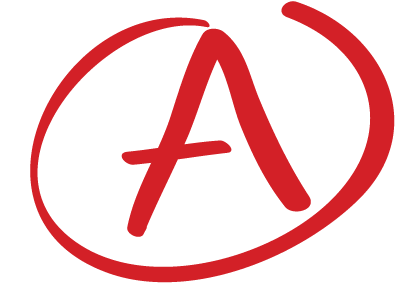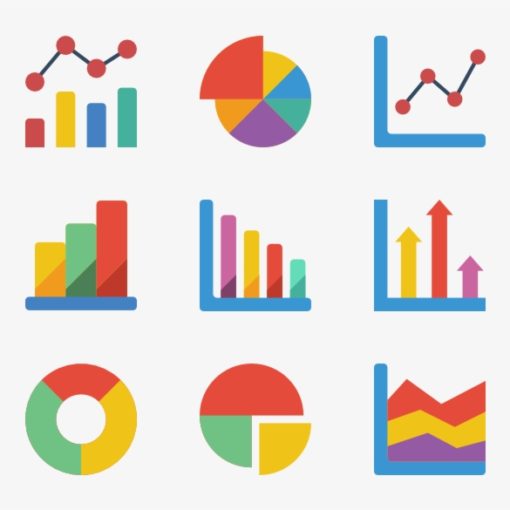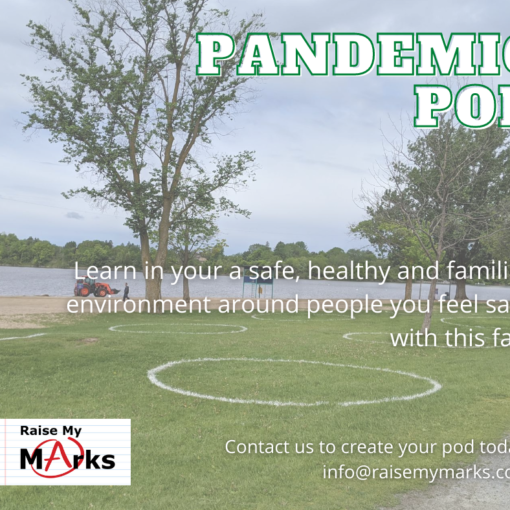Most recent update on CRA scam
It is so easy to create a fake phone number, email address and more making it so much easier for scams to be created and executed. There are scams going on all over the world of different varieties. While residents of Canada may hear about them through their network and community, newcomers to the city and country do not have that network yet and may not know about the local, Canadian scams. This may not seem like it is related to tutoring or school but, if you are new to the country and do not know what to look out for, it can be confusing when you on the receiving end of a scam. Below are a few articles with some of the more “popular” scams to keep a look out for.
Some of the latest scams
- Here are the 10 Biggest Scams in Canada, Christine Sharma, Sept 2019, insauga, URL: https://www.insauga.com/here-are-the-top-10-biggest-scams-in-canada-from-2017
- Phone phishing scams now targeting Social Insurance Numbers, Dilshad Burman, Jan 29, 2020, CityNews, URL: https://toronto.citynews.ca/2020/01/29/social-insurance-number-phishing-phone-scam/
- 4 scams to watch out for this holiday season, Dec 2, 2019, CBC News, URL: https://www.cbc.ca/news/canada/ottawa/rcmp-fraud-spike-4-scams-1.5378648
- These 10 scams cost Canadians the most money in 2018, March 1, 2019, Sumran Bhan, Toronto CTV News, URL: https://toronto.ctvnews.ca/these-10-scams-cost-canadians-the-most-money-in-2018-1.4319178
- Scam Alerts, RBC.com, URL: https://www.rbc.com/cyber-security/alerts/index.html
- How a Canadian bank actually encourages phone scams, Adriana Roberston, Jan 31, 2020, The Star, URL: https://www.thestar.com/business/opinion/2020/01/27/how-a-canadian-bank-actually-encourages-phone-scams.html
- CRA Scam, Global News, URL: https://globalnews.ca/tag/cra-scam/ (list of articles of scams in Canada)
- Canadian Fraud News Inc., URL: https://www.canadianfraudnews.com/ (list of current fraudulent activities in Canada)
Preventative measures
How to protect yourself, Government of Canada, URL: https://www.canada.ca/en/immigration-refugees-citizenship/services/protect-fraud/internet-email-telephone.html
My personal checklist for scam detection
When you get a call from a random number or a random email, it is hard to determine if it is legitimate or not, especially if you’re new to the country. Some things I personally look out for:
- Do I recognize the number that is calling me? Caller id on cell phones is great. If I do not recognize the number, I think twice before answering it and let it go to voicemail. When it is really important, the person will leave a voice mail. If I do decide to answer the call, I am then very wary until I know what the purpose and intent of the call is.
- Does the email address that is sending me an email look like an official email address?
- e.g. if it has @gmail.com or @rogers.com or @asdifuogu.com, it is probably not official.
- If it looks like a personal email in any way, it is probably not official. When there is a chance it does look like it may be official, then check to see if there is a phone number at the bottom of the email somewhere where you can call and verify the contents of the email.
- If you do a get a phone call and answer it, listen to what they are asking for. When it is a machine asking you or telling you something, it is probably a scam and not important. If it is giving you a list of options, it is probably a scam. If they are asking you for personal information of any kind over the phone, do not provide it. It is just not worth it. Ask questions and verify the phone number, name and organization of the person calling you.
- If you get a bad feeling, do not respond. Make note of the email, phone number or whatever and ask someone. If you are a student, you probably are going to school somewhere, university, college, high school…there is someone at your school that you can ask. Professor, office admin, etc. Ask! If you are living with others or have classmates, bring it up in conversation and ask. When you really do not know anyone, go to the authorities and explain your situation.
- If anyone I do not know is asking for money, I know it is not real. Strangers should not be asking you for money. And anyone I know, is not going to ask me for money!
There are probably all kinds of lists of things to look out for floating around there on the internet, but above are a few of the things I look out for.
What to do if you think you have been scammed?
- If you think you’ve ben scammed, tell someone. You are not the first to be scammed. It would not be called a scams if someone was not the first to be “scammed”, and it’s probably not you.
- If you have transferred money somewhere through your bank, see if it can be stopped. If you have actually taken money out of your bank, then it is probably gone. But, still try and see if you can stop the transaction.
- Report the incident to the police.
Unfortunately, there really is not much that can be done if you have are a victim of any scam including a Canadian scams. While Canadians are known for their politeness, a polite scam is still a scam. The people behind these scams are experts in what they do, and your money is probably gone. ☹




